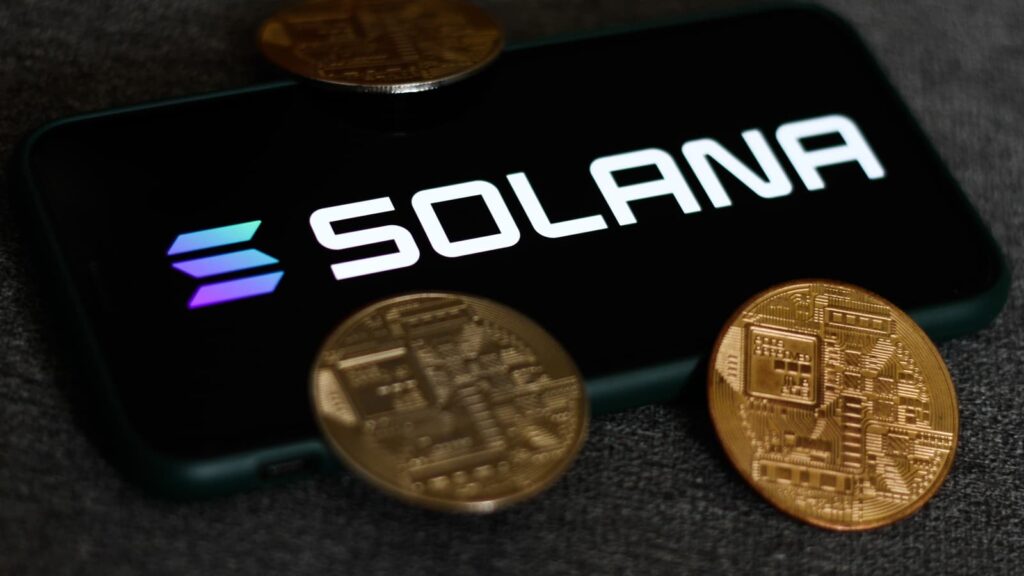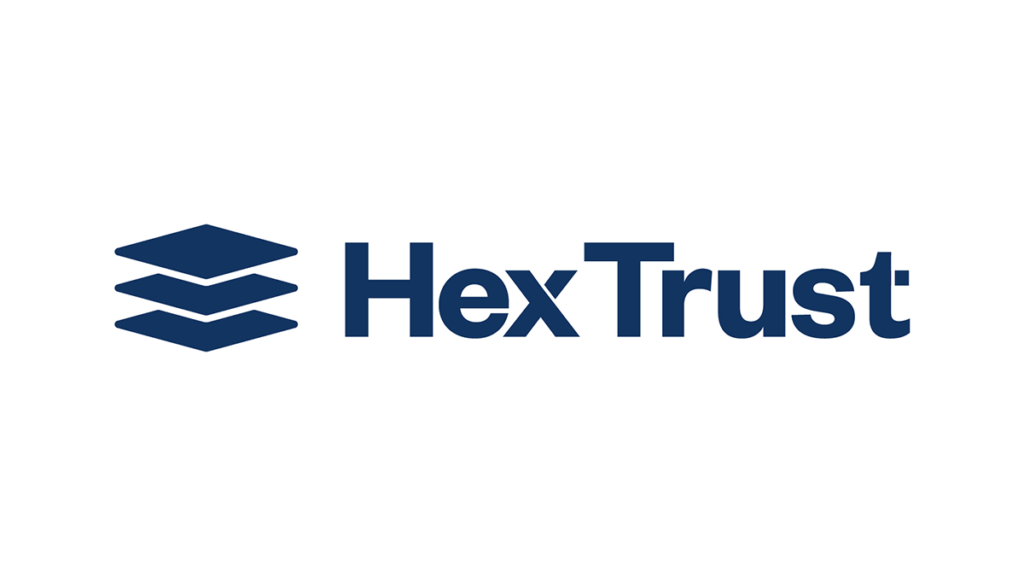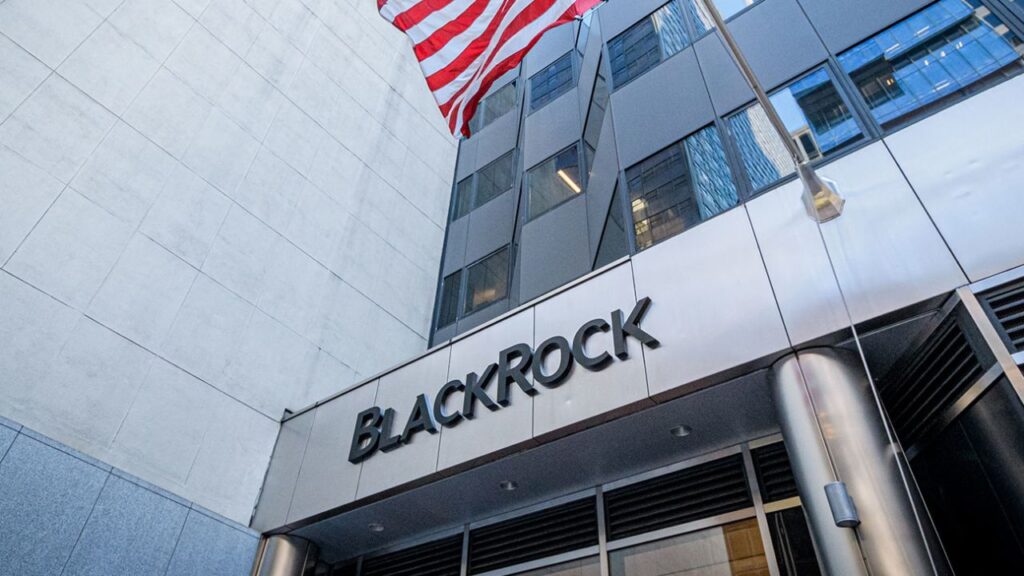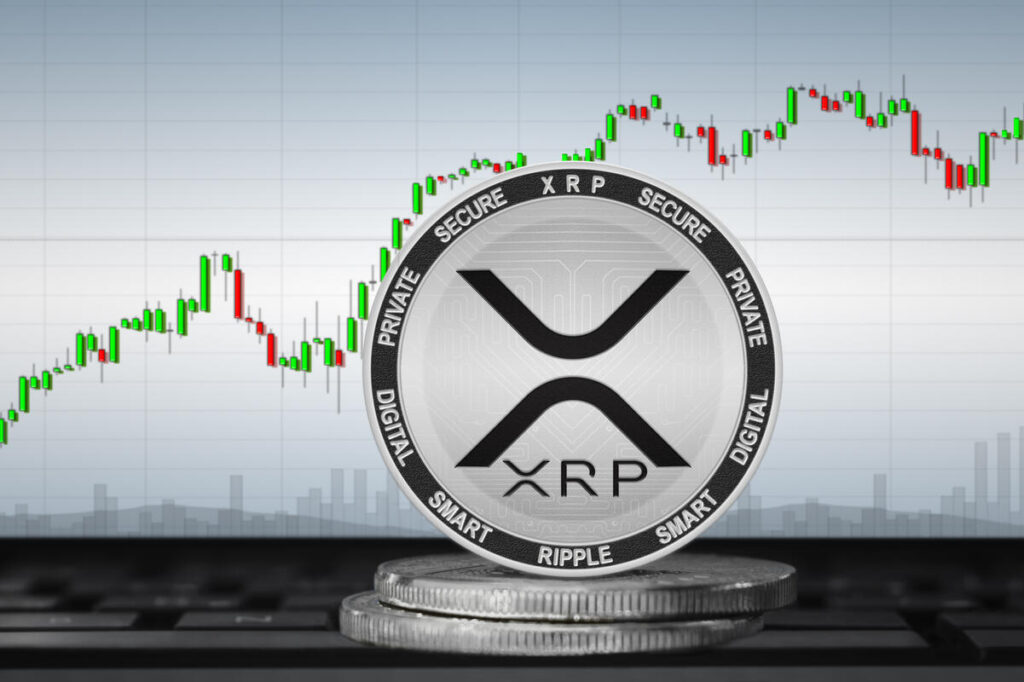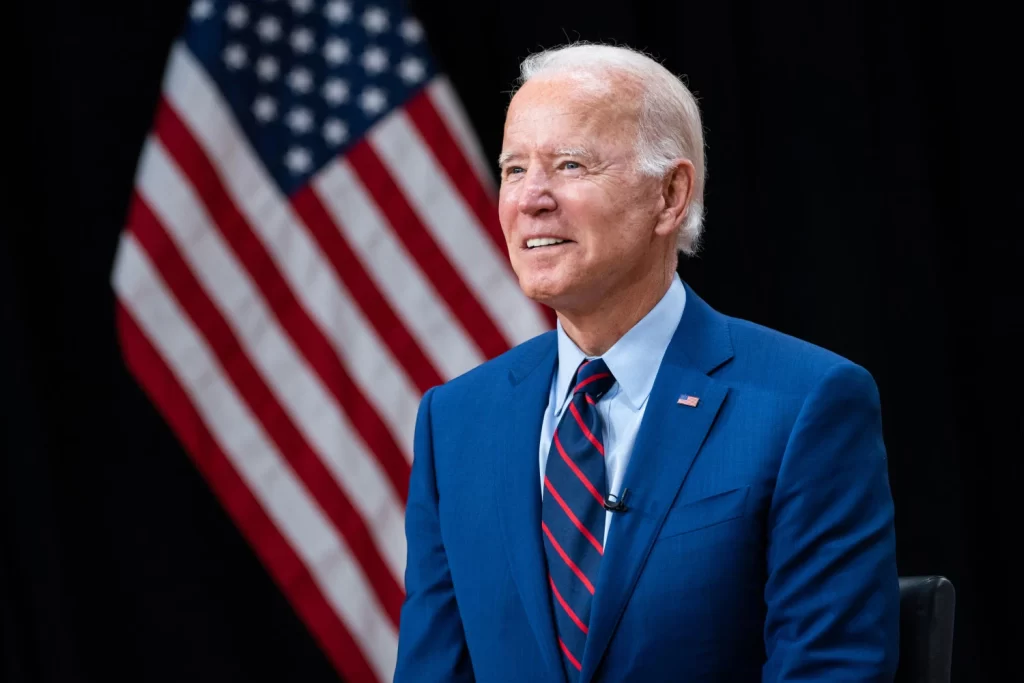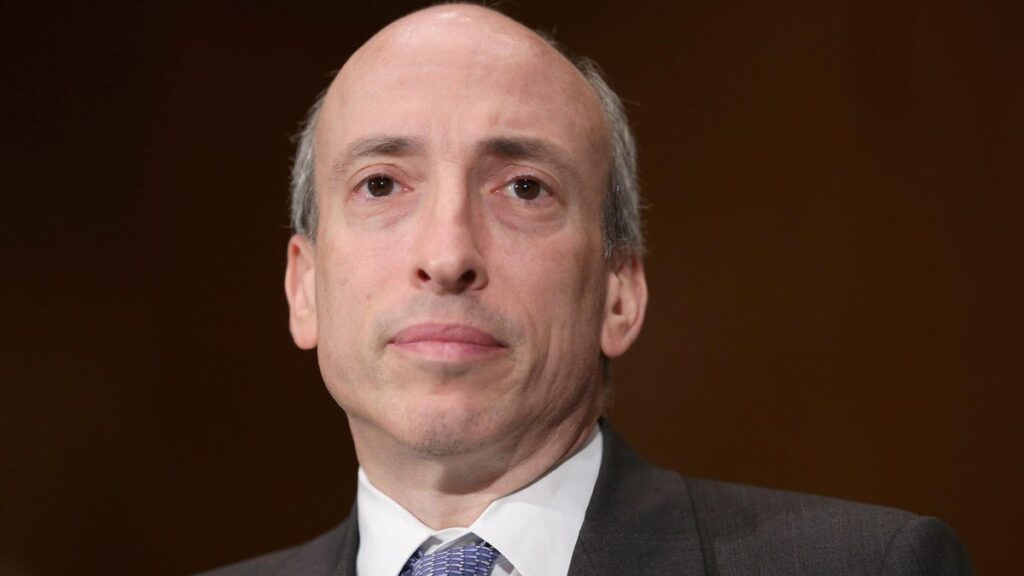Paxos, a prominent crypto infrastructure company, has achieved preliminary approval from Singapore’s regulatory authority for the establishment of a new entity dedicated to launching a stablecoin backed by the U.S. dollar.
In an announcement made on November 15th, Paxos revealed that it had received an initial endorsement from the Monetary Authority of Singapore (MAS) for its newly formed entity, Paxos Digital Singapore Pte. Ltd.
This new entity is authorized to provide digital payment token services and has intentions to introduce a stablecoin denominated in U.S. dollars, which will comply with MAS’ forthcoming stablecoin regulations.
Upon obtaining full regulatory approval, Paxos intends to collaborate with enterprise clients to facilitate the issuance of the stablecoin within Singapore.
Walter Hessert, Paxos’ head of strategy, emphasized the increasing global demand for the U.S. dollar while acknowledging the challenges faced by consumers outside the United States in accessing dollars securely, reliably, and with regulatory safeguards.
He noted that the in-principle approval from MAS would enable Paxos to extend its regulated platform to a broader international user base.
READ MORE: Global Tech Giants Unveil Ambitious Plan After Poloniex Hack
The Monetary Authority of Singapore previously outlined its regulatory framework for stablecoins on August 15th.
This framework is designed to oversee stablecoins linked to the Singapore dollar or major G10 currencies like the euro, British pound, and U.S. dollar, provided their circulation exceeds 5 million Singapore dollars ($3.7 million).
On August 7th, PayPal launched its own USD-backed stablecoin, PYUSD, which was issued by Paxos.
It’s worth mentioning that Paxos had previously minted Binance’s BUSD stablecoin, but it was compelled by the New York Department of Financial Services to cease issuing the token due to the agency’s classification of it as an unregistered security.
Paxos clarified that all of its stablecoins are fully backed by U.S. dollars and cash equivalents, underscoring their commitment to compliance.
They further highlighted their practice of issuing monthly attestations and reserve reports to ensure transparency and regulatory adherence.
This commitment to regulatory compliance aligns with Paxos’ mission to provide a reliable and secure platform for the issuance of stablecoins, catering to the growing global demand for the U.S. dollar.



